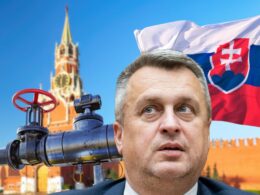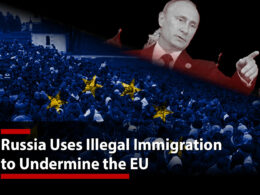Moscow’s use of a shadow fleet to transport western-sanctioned oil will be key topic during US-UK talks in London, attended by US Secretary of State Antony Blinken.
His meeting with UK Foreign Secretary David Lammy marks the most senior US official visit since Labour’s election victory in July. This precedes a meeting between US President Joe Biden and UK Prime Minister Keir Starmer in Washington later this week.
The discussions are expected to focus on the state of the war as Ukraine struggles to hold its ground in the east. Starmer aims to counter subtle criticism that his stance on Ukraine is weaker than the previous Conservative government. In July, the UK spearheaded a “call to action” at the European Political Community (EPC) summit, urging a crackdown on Russia’s covert oil tankers. Despite this, little progress has been made in stopping these ships from bypassing the $60-per-barrel price cap on Russian oil.
Moscow has increasingly relied on outdated and risky vessels, conducting dangerous ship-to-ship transfers near Sweden’s waters. A study by KSE revealed that, of the 307 tankers transporting Russian oil between January 2023 and June 2024, only seven of the core “shadow fleet” vessels have been sanctioned by the West.
The UK is also examining how to pressure small nations to halt the practice of allowing such vessels to fly under their flags, with Eswatini already dismantling its ship register after it was exposed as a sham by the International Maritime Organization.
These issues highlight the urgent need to strengthen sanctions against Russia and emphasize the critical importance of Ukraine’s victory in the war. Ensuring Ukraine’s success is vital not only for the region’s security but also for reinforcing international rules against aggressive actions. A Ukrainian victory would weaken Russia’s economic and military power, limiting its ability to continue destabilizing activities globally.








